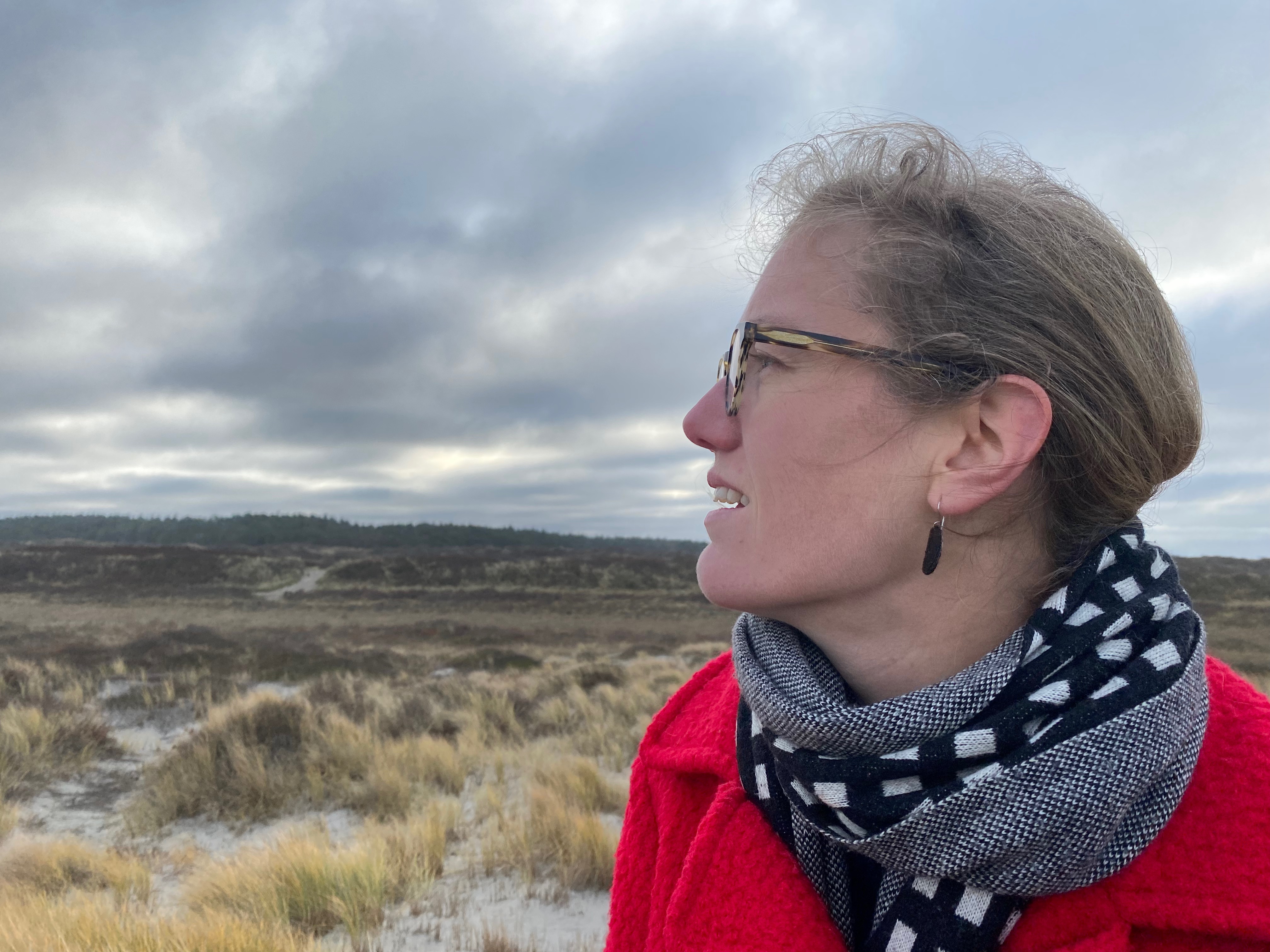
What makes us laugh? Why do people stop — or start — believing in god(s)? How do we deal with the past? One could productively ask these kinds of questions about pretty much any period and place in the history of humanity (and laughing is actually something that even non-human animals do…) but in my own research and teaching I apply them to the Latin and Greek writings that survive from the ancient Mediterranean. I like working with these texts because they are, in a way, fringe test cases for human intersubjectivity: is anything still comprehensible to us about how people thought and felt over two millennia ago? If the answer sometimes is ‘yes’ this means we may get a glimpse of some universal features of human experience. Whenever the answer is ‘no’ the ways in which these ancient approaches differ from our own can work as a distorted mirror, or quasi-parallel universe, and help us see modern preoccupations with fresh eyes. Another major reason to study ancient Greece and Rome is the significant influence they have had, for better and for worse, on human culture and history since. For me, knowing something about the ideas from that time and place is part of figuring out how we got to where we are today. I look forward to teaching for the Engagements as a College Fellow because I love working with students right as they start their time at UVA, and are discovering what they want to do, what kinds of questions they can ask, and what the world looks like through the eyes of fellow students with experiences very different from their own. In my classes I ask students to speak their minds honestly and freely, precisely so that they can begin to know each other — and, along the way, some ancient Greeks and Romans too.
